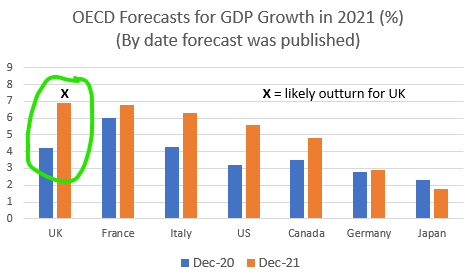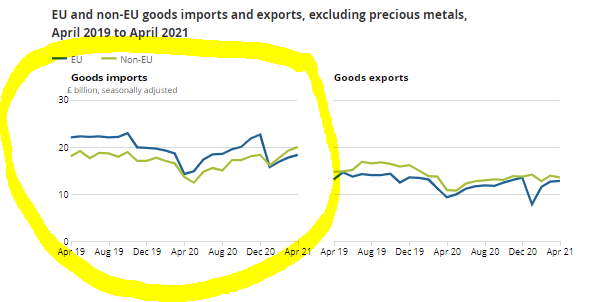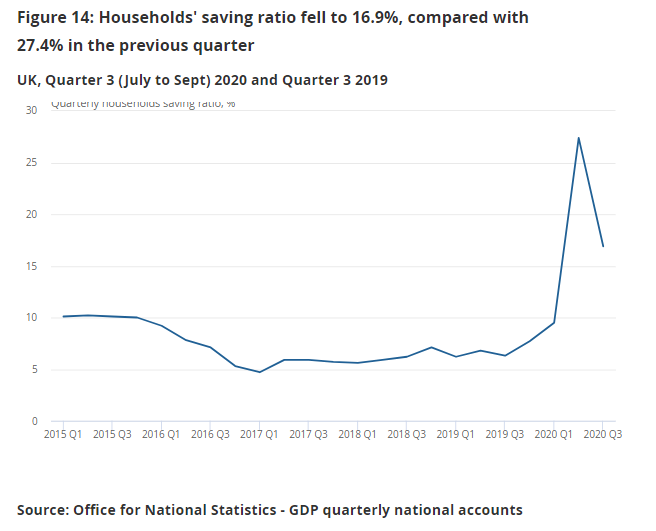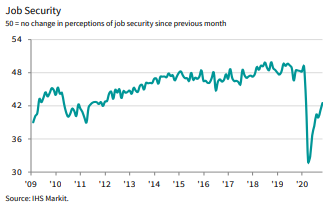
The UK government borrowed about £5bn more than expected in February, as higher debt interest costs offset a rise in tax revenues.
But favourable revisions to past months mean that borrowing is still on track to undershoot the OBR forecast for FY 2021-22 by about £24bn... (1/4)
But favourable revisions to past months mean that borrowing is still on track to undershoot the OBR forecast for FY 2021-22 by about £24bn... (1/4)

Looking forward, rising #inflation will keep debt servicing costs high. But OBR analysis (Box 3.2 Oct EFO) has already shown that an inflation shock is likely to reduce borrowing overall, thanks to the boost to revenues, even with much larger hikes in interest rates... (2/4)
#Inflation will surely reduce the burden of #debt relative to national income, especially with real interest rates likely to remain low - even negative - for the foreseeably future.
Indeed, debt has already fallen to 94.7% of GDP, from a recent peak of more than 100%. (3/4)
Indeed, debt has already fallen to 94.7% of GDP, from a recent peak of more than 100%. (3/4)
In short, there is nothing in these numbers to prevent #RishiSunak from easing the pressure on households and businesses in tomorrow's #SpringStatement.
(4/4)
(4/4)
• • •
Missing some Tweet in this thread? You can try to
force a refresh








